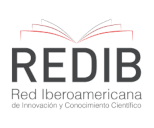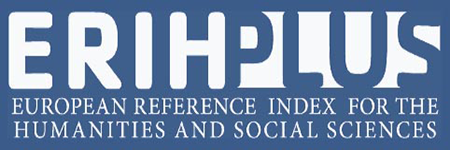Use of a remote laboratory as a resource for reducing the environmental impact of experimental activity in chemistry courses in higher education
Keywords:
REMOTE LABORATORY, ENVIRONMENTAL DEGRADATION, EXPERIMENTAL METHOD, IMPACT ANALYSIS, ACID-BASE TITRATIONAbstract
This study presents some of the outcomes of a postgraduate thesis in Environmental Management and Local Development at ICAP in Costa Rica, focusing on the analysis of the environmental benefits derived from using the Acid-Base Remote Assessment Laboratory as a supplement to face-to-face experimental activities in the chemistry laboratory courses at the Universidad Estatal a Distancia. The methodology encompassed a non-experimental, cross-sectional design wherein an environmental impact assessment matrix was employed, completed by six experts—three for the on-site laboratory and three for the Remote
Laboratory. This tool was predicated on the processes of laboratory preparation, chemical transportation, activity development, and waste generation. The findings indicated that, in contrast to the face-to-face experimental activity, the activity facilitated by the Remote Laboratory exhibits a low environmental impact significance. In conclusion, it was estimated that in the specific case of the face-to-face experimental activity, the impact on the environment has a medium significance, with the actual execution of this experiment and the generation of waste being the processes that cause the greatest impact. Lastly, the Remote Laboratory demonstrates a low impact significance across all evaluated aspects.










